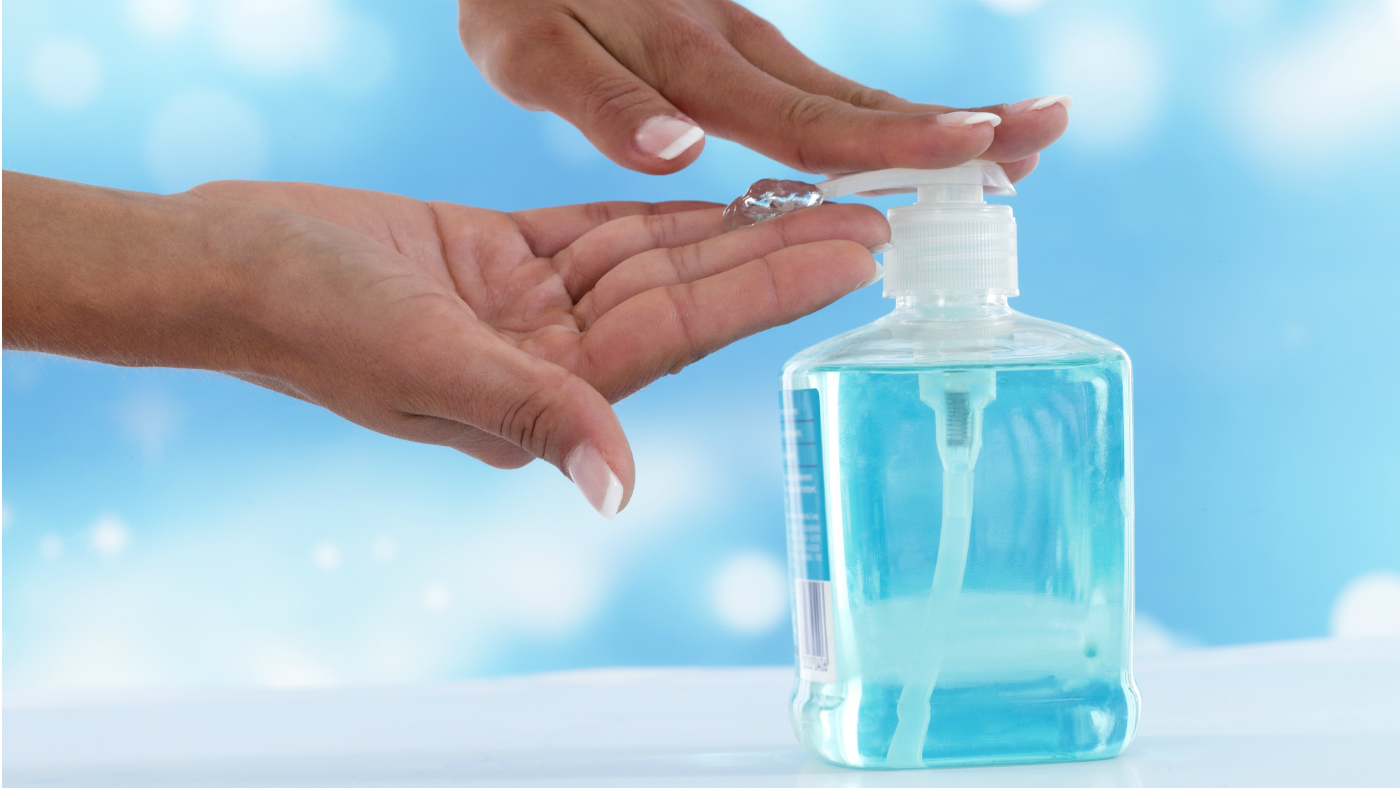‘Over-cleanliness’ debunked: how often should you wash your hands?
New report says children do not need to be exposed to harmful germs to build their immune systems

A free daily email with the biggest news stories of the day – and the best features from TheWeek.com
You are now subscribed
Your newsletter sign-up was successful
Health officials are trying to topple modern myths about hygiene by insisting that it is not possible to be “too clean”.
A new report from the Royal Society for Public Health (RSPH) says that contrary to popular belief, exposing children to a wide range of potentially harmful bacteria is not necessary to build their immune systems. And the theory that excessive cleaning can trigger allergies, by killing bacteria that we need to challenge our immune systems, is a “misinterpretation” of the evidence, the health education charity adds.
The experts say that while people need diverse exposure to microbes that are mostly harmless - such as those encounted by children while playing outdoors - good hygiene in the home is a must. Indeed, the RSPH report, titled Too Clean or Not Too Clean, stresses that washing hands before eating and after going to the toilet is vital, says The Guardian.
The Week
Escape your echo chamber. Get the facts behind the news, plus analysis from multiple perspectives.

Sign up for The Week's Free Newsletters
From our morning news briefing to a weekly Good News Newsletter, get the best of The Week delivered directly to your inbox.
From our morning news briefing to a weekly Good News Newsletter, get the best of The Week delivered directly to your inbox.
“The time has come when we need to sort this one out,” said lead study author Sally Bloomfield, honorary professor at the London School of Hygiene and Tropical Medicine. “The public is becoming very confused.”
Here are the facts about so-called over-cleanliness.
What do people believe?
The “hygiene hypothesis”, which became widely publicised in the 1990s, argues that “rising rates of allergies were being caused by overcleanliness” and suggests that children “should be exposed to a wide range of potentially harmful microbes”, The Daily Telegraph reports.
A free daily email with the biggest news stories of the day – and the best features from TheWeek.com
In a survey conducted by the RSPH, 23% of 2,000 respondents incorrectly believed that “hygiene in the home is not important because children need to be exposed to harmful germs to build their immune system”.
Men were more likely than women to think that hygiene was unnecessary. A total of 16% of male respondents believed there was “low or no risk associated with not washing hands with soap”, compared with 7% of the women quizzed. And 8% of men felt there was no need to head for the sink after handling raw meat, compared with 4% of women.
What are the facts?
The report says that rising antibiotic resistance has increased the need to be careful about hygiene. Around one in four people get an infectious intestinal disease every year and one in 20 pick up norovirus, the vomiting bug.
The average adult in the UK catch four to six colds every year, while children get six to eight, The Guardian adds. Hand washing and better hygiene could help prevent the spread, according to the RSPH experts.
Lead study author Bloomfield argues that one reason why these easily preventable diseases continue doing the rounds may be misapprehensions over what hygiene means.
“The problem is that we have become confused about what hygiene is, and how it differs from cleanliness,” she said. “Whereas cleaning means removing dirt and microbes, hygiene means cleaning in the places and times that matter - in the right way - to break the chain of infection whilst preparing food, using the toilet, caring for pets, etc.”
How can we all be more hygienic?
The report recommends what it calls a “targeted hygiene” approach, including cleaning surfaces, utensils and hands thoroughly during and after food preparation, especially if handling raw meat.
The Daily Telegraph says that people should also “wash their hands with soap and water before eating with fingers, after using the toilet, after coughing, sneezing and blowing noses and after handling and laundering dirty clothing and household linens”.
“Good handwashing is also essential after playing with pets, feeding them and clearing up their waste, and after putting out bin bags,” the newspaper adds.
Towels and bed linens should be washed at 60C to prevent the spread of infections.
Professor Lisa Ackerley, RSPH trustee and food hygiene expert, said: “Getting outdoors and playing with friends, family and pets is great for exposure to ‘good bacteria’ and building a healthy microbiome, but it’s also crucial that the public don’t get the wrong end of the stick – this doesn’t need to get in the way of good hygiene.
“Targeted hygiene undertaken at the crucial times and places is a way of preventing infection that is cheap on time and low effort, and still exposes you to all the ‘good bacteria’ your body benefits from.
“Good hygiene in the home and everyday life helps to reduce infections, is vitally important to protecting our children and reducing pressure on the NHS, and has a huge role to play in the battle against antibiotic resistance.”